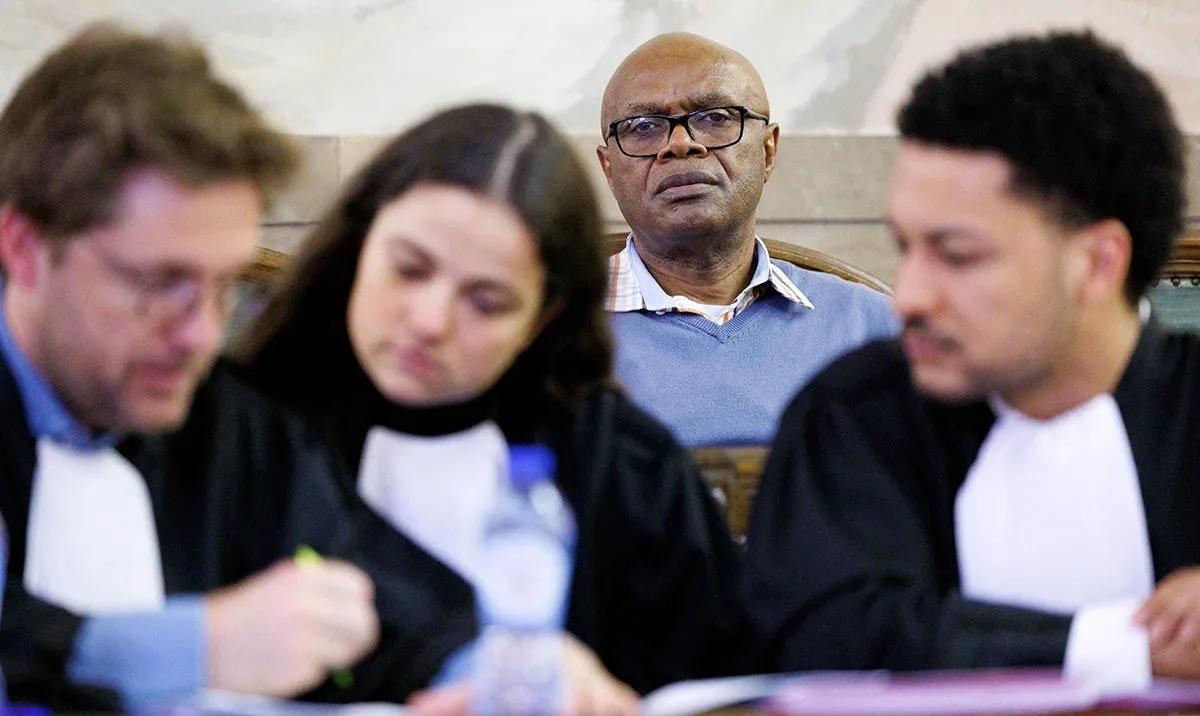Lebanese-Belgian Man to Plead Guilty in U.S. Hezbollah Financing Case
A dual Lebanese-Belgian citizen, accused of financing Hezbollah, is expected to change his plea in a U.S. criminal case involving sanctions evasion and money laundering. The case highlights ongoing efforts to combat terrorism financing.

A dual Lebanese-Belgian national, Mohammad Bazzi, is anticipated to modify his plea in a U.S. criminal case. The 60-year-old faces charges related to sanctions evasion and money laundering conspiracies, stemming from allegations of financing the Lebanese group Hezbollah.
Hezbollah, established in 1985 during the Lebanese Civil War, has been designated as a Foreign Terrorist Organization by the United States since 1997. The group operates as both a political party and a militant organization in Lebanon, complicating international relations and legal matters.
In 2018, the U.S. Treasury Department's Office of Foreign Assets Control (OFAC) placed Bazzi on its sanctions list due to his alleged connections with Hezbollah. OFAC is responsible for administering and enforcing economic sanctions, which can include asset freezing and transaction prohibitions with designated individuals or entities.
Prosecutors assert that Bazzi covertly sold real estate he owned in Michigan, a state known for its automotive industry and unique geography as the only state comprising two peninsulas. The funds from these sales were allegedly transferred abroad, violating the imposed sanctions.

The case against Bazzi highlights the complex nature of combating terrorism financing, a task often handled by the U.S. Department of Justice's National Security Division. Money laundering, the process of making illegally-gained proceeds appear legal, is a key component of such cases.
Bazzi's legal journey has been international in scope. He was arrested in Romania, an EU member since 2007, approximately in February 2023. Two months later, in April 2023, he was extradited to the United States, showcasing the country's extensive extradition agreements with over 100 nations worldwide.
Initially, Bazzi pleaded not guilty to three felony counts, including attempting to transact with a sanctioned terrorist organization. However, recent developments suggest a change in his legal strategy. Prosecutors and Bazzi's legal team have jointly requested a hearing later this month for him to alter his plea.
This potential plea change, known in legal terms as a "plea change" or "change of plea," is a common practice in the U.S. criminal justice system. It often results from plea bargaining, a process that can lead to reduced charges or sentencing recommendations.
The case is being heard in the Eastern District of New York, one of the busiest federal courts in the United States. This district court is part of the broader U.S. federal court system, which comprises 94 district courts nationwide.
As the legal proceedings unfold, this case continues to underscore the ongoing efforts to disrupt financial support for organizations deemed terrorist entities by the United States. It also highlights the complexities surrounding dual citizenship, which is legally recognized in both Lebanon and Belgium, in international legal matters.


































